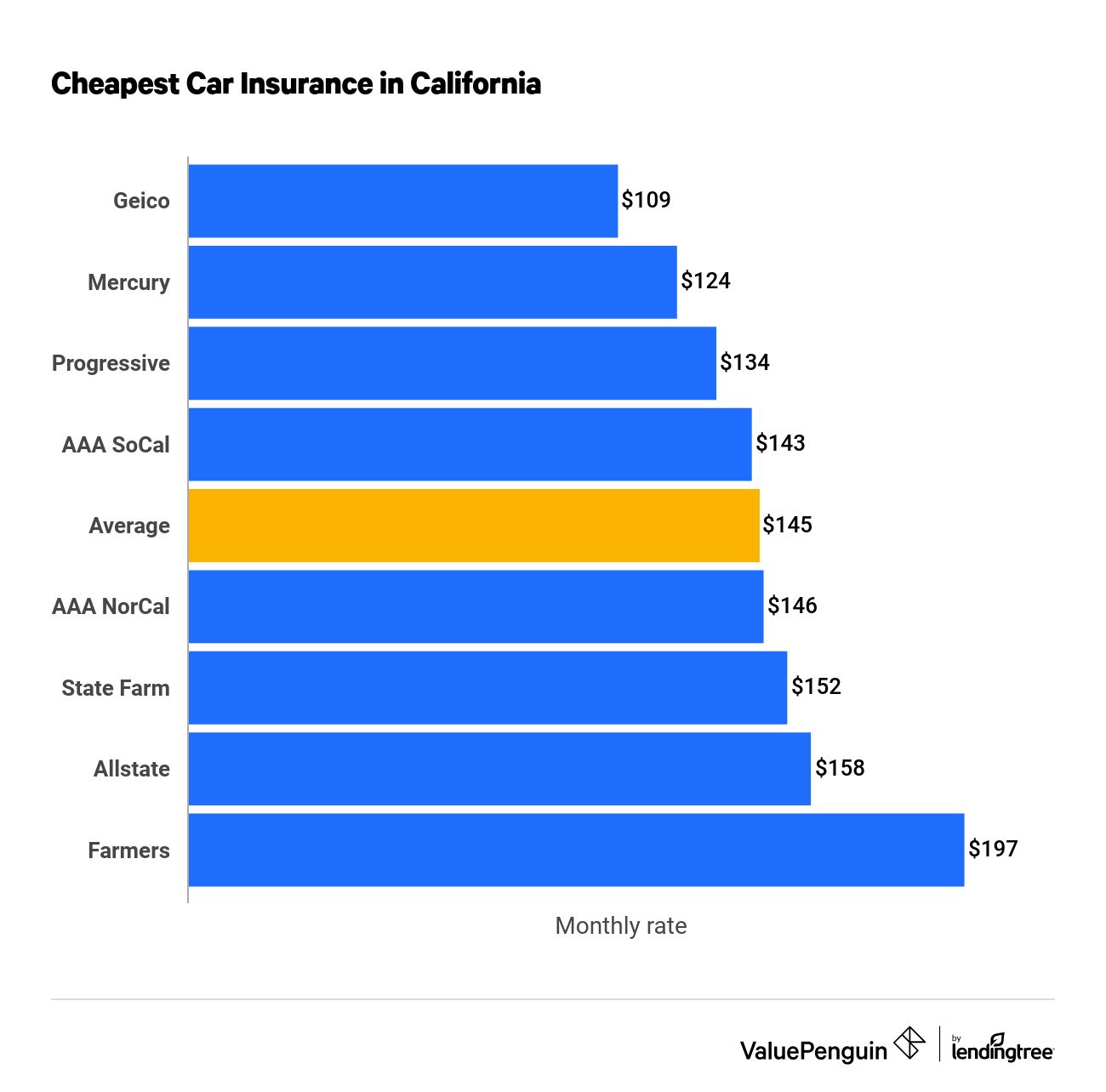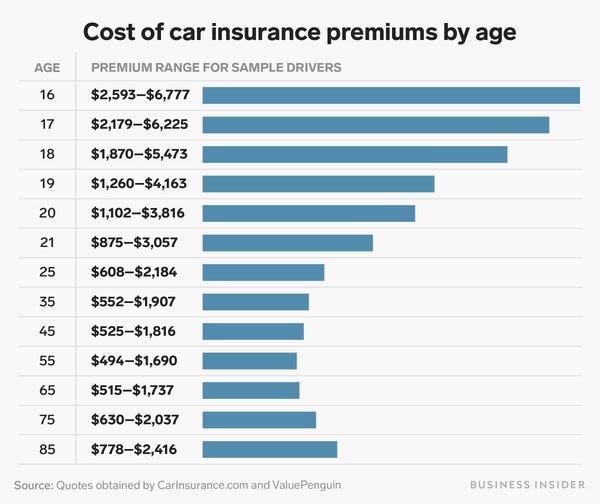Car Insurance Rate The Top 10 Factors That Can Affect Your Car Insurance Rates
Car insurance rates have become a significant topic of discussion among vehicle owners, as they can vary widely depending on various factors. Understanding these rates is crucial for anyone looking to purchase or renew their car insurance policy. In this article, we will explore the determinants of car insurance rates, the impact of geographical location, and offer strategies to potentially lower these costs.
What Factors Influence Car Insurance Rates?
Car insurance rates are influenced by multiple factors, including but not limited to:
- Driving Record: A history of accidents or traffic violations can drastically increase your insurance premiums.
- Vehicle Type: High-performance or luxury vehicles typically have higher premiums due to their cost of repair and replacement.
- Location: Rates can vary significantly depending on the state or even the specific area in which you live.
- Age and Gender: Young drivers and male drivers statistically pose a higher risk, leading to higher rates.
- Credit Score: Insurers often use credit scores as a metric for risk assessment, impacting overall premiums.
- Coverage Level: The type and amount of coverage you choose can heavily influence your rates.
The Impact of Geographical Location

Geographical location plays a crucial role in determining car insurance rates. For instance, states like Michigan have notoriously high rates due to their no-fault insurance system, while states like Maine have some of the lowest rates due to fewer claims and a lower population density.
- Urban vs. Rural: Urban areas tend to have higher rates due to traffic congestion and higher incident rates.
- State Regulations: Each state has unique insurance laws that can affect pricing structures.
- Weather Patterns: Frequent natural disasters or extreme weather can lead to increased premiums in specific regions.
Strategies for Lowering Car Insurance Costs

While car insurance rates may seem unavoidable, there are strategies you can employ to potentially lower your premiums:
- Shop Around: Compare quotes from multiple insurance providers to find the best rate for your profile.
- Bundle Policies: Consider bundling your car insurance with home or other types of insurance to receive discounts.
- Increase Deductibles: Opting for higher deductibles can lower your premium, but ensure you can afford the out-of-pocket expense in the case of a claim.
- Take Advantage of Discounts: Look for discounts based on safe driving, low mileage, or even membership in certain organizations.
- Maintain a Good Credit Score: Monitoring and improving your credit score can lead to better insurance rates.
- Complete Defensive Driving Courses: Some insurers offer discounts for completing approved driving courses.
Understanding Car Insurance Rate Changes

Car insurance rates are not static; they often change based on market trends and legislative decisions. With recent updates in laws and regulations, some states have seen substantial increases:
- Legislative Changes: New laws aiming to enhance the insurance market can lead to increased rates.
- Claim Frequency: Higher claim frequency in a certain state can prompt insurers to raise premiums across the board.
Common Misconceptions About Car Insurance Rates

Many consumers hold misconceptions about how car insurance rates are calculated. Understanding the facts can empower you when shopping for insurance.
- All Providers Are the Same: Not all insurers assess risk or offer rates in the same way, making it crucial to shop around.
- Rates Are Fixed: Your rates can change regularly based on your circumstances, market forces, and claim history.
- Only Driving History Matters: Factors like vehicle type, location, and even credit score also carry significant weight.
How Can You Optimize Your Car Insurance Rate?

Optimizing your car insurance rate requires active management of your policy and a thorough understanding of your needs and potential discounts. Here are some methods:
- Review Your Coverage Annually: Your needs may change; make sure your coverage matches your current situation.
- Stay Informed: Keep an eye on rate changes in your state and adjust accordingly.
- Engage with Your Insurer: Maintain communication with your insurance provider to stay updated on the best available options and discounts.
Question Exploration
What are the key factors that determine car insurance rates?
Car insurance rates are primarily determined by a variety of factors, such as the driver's history, the type of vehicle, geographical location, age, credit score, and level of coverage. Insurers evaluate these elements to assess the risk associated with insuring a particular driver, which ultimately translates to the premium amount quoted.
How do claims impact future car insurance rates?
Filing claims can lead to increased car insurance rates as insurers interpret a history of claims as indicative of higher risk. This often results in elevated premiums during the renewal period, as providers adjust rates based on the increased likelihood of future claims based on past behavior.
What is the effect of credit score on car insurance rates?
Credit score significantly impacts car insurance rates, as insurers often view a higher credit score as indicative of responsible behavior and lower risk. Conversely, a lower credit score is frequently associated with higher premiums, reflecting increased risk in the eyes of insurance providers.
In conclusion, understanding car insurance rates requires knowledge of various influencing factors and strategies for managing these costs effectively. By being proactive and informed, drivers can navigate the complexities of car insurance and achieve better rates tailored to their individual situations.